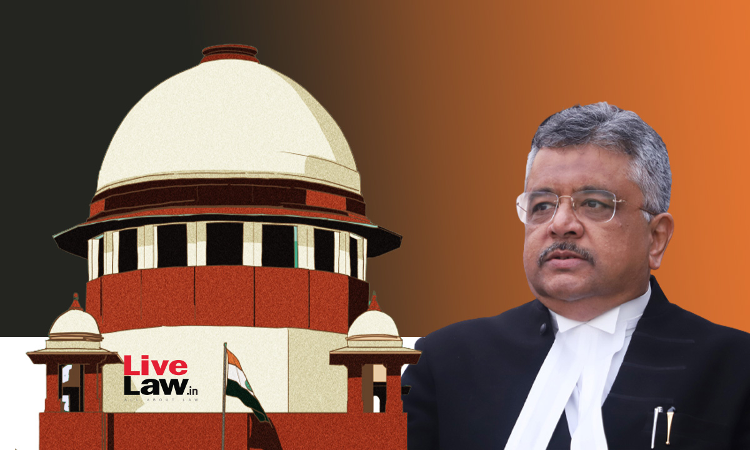Senior Advocate Designation Must Not Become a 'Distribution Mechanism': Solicitor General Tells Supreme Court
Amisha Shrivastava
6 Dec 2024 7:21 PM IST

Next Story
6 Dec 2024 7:21 PM IST
Solicitor General Tushar Mehta, while calling for a relook on Senior Advocate designation process, submitted before the Supreme Court on Friday (December 6) that the process must not devolve into a “distribution” mechanism.“We have nothing against any individual. When your lordships confer designation, your lordships confer responsibility on the person. Let that conferment not be...
